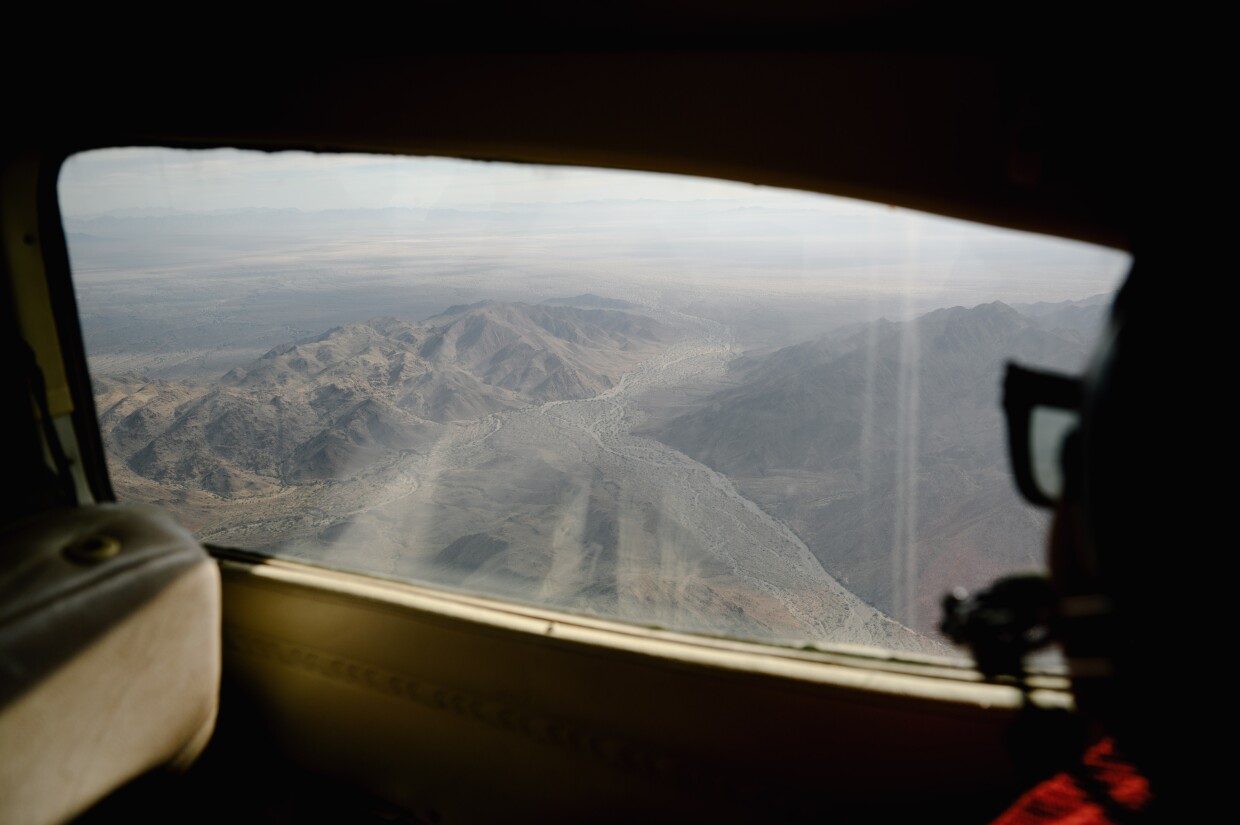Five tribes in the Colorado River region are launching a commission to safeguard the Chuckwalla National Monument, a newly-protected expanse of high desert on the border of Imperial and Riverside County.
In an announcement this month, tribal officials said their goal for the new Chuckwalla National Monument Inter-Tribal Commission is to make sure that their values and knowledge are part of the decision-making process in Washington.
The national monument, declared by President Biden in January, covers 600,000 acres of federally-owned mountains and canyons. The landscape is sacred to a number of Tribal Nations, who trace their origins to the region along the river.
Zion White is a council member for the Fort Yuma Quechan Indian Tribe, one of the signatories to the commission. In an interview with KPBS, White said their first priorities were to launch an ethnographic study to map out the landscape in greater detail and set clearer guidelines for responsible hiking and vehicle use.
“All tribes that still exist within the U.S. have been stewarding these lands since time immemorial, so we know a thing or two,” White said. “The more we can incorporate this knowledge, the better off the landscape will be.”
The tribes’ announcement comes at a fragile moment for the brand-new monument. The Trump administration considered revoking those protections earlier this year but has not yet taken any concrete action.
A spokesperson for the Interior Department declined to answer questions about the monument’s status, citing the ongoing federal government shutdown.

The Chuckwalla Monument was one of Biden’s final acts in office. In January, he declared the landscape one of the country’s national treasures, granting it sweeping environmental protections similar to a national park.
The declaration followed years of advocacy by tribes, scientists and environmental groups and had received bipartisan support from California state lawmakers.
The monument is located on the ancestral lands of a number of indigenous peoples, including the Iviatim, Nüwü, Pipa Aha Macav, Kwatsáan, Maara’yam and Marringayam. Biden pledged that the government would work with tribes to manage the landscape together.
At a press conference announcing Biden’s declaration, then-Interior Secretary Deb Haaland said the administration felt tribes needed to be at the forefront of the country’s efforts to conserve lands and waters.
“Chuckwalla is a living landscape that vibrates with beauty,” said Haaland, the nation’s first Native cabinet secretary. “The Chuckwalla National Monument is protected for all of us.”
Five tribes have signed on to the commission: the Quechan Tribe, the Torres Martinez Desert Cahuilla Indians, the Cahuilla Band of Indians, the Chemehuevi Indian Tribe, and the Colorado River Indian Tribes.
Inter-tribal organizations have a decades-long history in the U.S.
The Columbia River Inter-Tribal Fish Commission, one of the oldest in the nation, has been working to restore fish populations and watersheds in the Pacific Northwest since 1977. At least one other national monument, the Bears Ears Monument in southeastern Utah, is also co-managed by an inter-tribal organization.
Jeremy FiveCrows, the Columbia River Commission’s communications director, said these types of collaborations are often formed to help tribes share resources and enhance their collective voice.
But FiveCrows, a member of the Nez Perce Tribe, emphasized that these organizations also work to protect natural resources that also serve the greater public.
“It'll certainly benefit the tribes that this is their traditional territories, but it's going to benefit everybody in that area,” he said. “A healthy Chuckwalla National Monument is a jewel that will benefit everyone.”
Whether President Trump will move to dismantle the monument remains uncertain. The president has carved away at other monuments during his first term, but Republicans in Congress have faced backlash over plans to sell off other public lands.
In July, the White House told CalMatters that nothing was set in stone regarding Chuckwalla.





